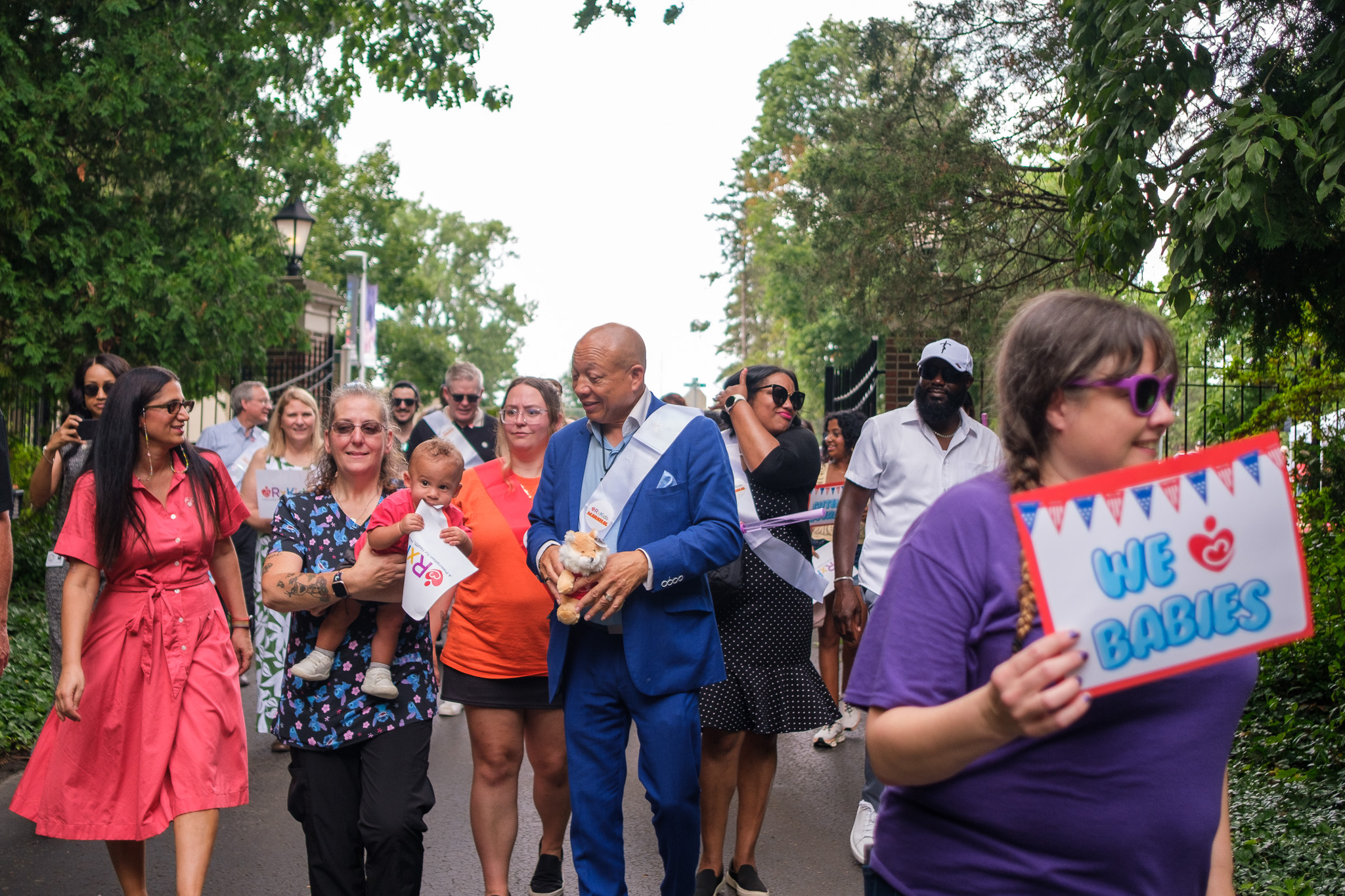It takes only one case of measles or other vaccine-preventable diseases for an outbreak to begin. In fact, in 2023 measle cases were up 80%, according to a TIME Magazine report, and the Michigan Department of Health and Human Services reported the first case of measles for the state this year in February.
But vaccines can prevent or lessen the severity of the condition in question for everyone, according to Peter Gulick, professor of Osteopathic Medical Specialties at the Michigan State University College of Osteopathic Medicine.
Unfortunately, “disinformation and fear cause people to choose not to vaccinate themselves or their children,” Gulick said. “It’s the reduction in immunity over time, and then all you need is one case, and then if it hits other people who don’t have immunity, it spreads.”
Some of that misinformation has included a paper published linking the mumps/measles/rubella, or MMR, vaccine that protects against measles to autism. “That was found to be a totally false article — it was retracted, and the publisher said there is no evidence, the data was put together wrong. But people still bring it up,” Gulick explained.
Sean Valles, professor and director of the MSU College of Human Medicine’s Center for Bioethics and Social Justice suggests listening to those who are reluctant to get vaccinated and address their concerns.
Vaccine hesitancy, he said, includes concern about potential side effects, a false belief that a vaccine can cause the disease it is supposed to protect against, unfounded rumors and distrust of medical science fed by Internet conspiracies, and even a fear of needles. Most vaccine skeptics are not completely opposed to vaccination, Valles said.
“In the case of measles, it is so contagious, far and away more than almost anything else,” Valles said, “that we don’t have room for error.”
The MMR vaccine has been available and highly effective in preventing the deadly disease since the early 1970s, lulling some parents into a false sense of security that measles has been eradicated, although, in fact, it never left. Other parents fall prone to a highly politicized climate of misinformation.
“Vaccine hesitancy has sort of always been there,” Valles said, “but it’s become much more organized.
“There are always going to be those people who are going to be a hard no,” he added, “no matter what you say.”
The key, he said, is to find those who remain at least partially open-minded.
Read more about vaccines and vaccine hesitancy.
Get the latest updates on our programs and initiatives.


